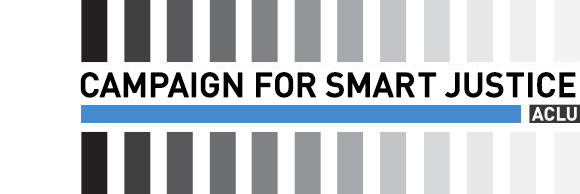By, Niki Zupanic, Public Policy Director
Growing spending on corrections. Prisons filling to capacity. More Montanans returning to jail and prison for probation violations. At the start of the 2015 legislature, the picture of mass incarceration in Montana was grim.
It had been more than 20 years since our state took an in-depth look at criminal justice, sentencing, and incarceration. Legislators were concerned about increasing corrections budgets and had questions about the direction our state was heading when it came to mass incarceration. So, with the support of a diverse groups of stakeholders including the ACLU of Montana, the 2015 legislature passed SB 224 by Sen. Cynthia Wolken and created a Commission on Sentencing. As the Commission begins its work, Montana is on the cusp of an exciting opportunity to dramatically reshape a smarter criminal justice system.
The newly formed Commission held its first meeting earlier this fall. Its first order of business was to announce a plan to collaborate with the Council of State Governments (CSG) in a year-long justice reinvestment project. Shortly after the Montana Legislature passed SB 224, bipartisan leaders from all three branches of our state government joined together and requested CSG’s assistance in exploring our criminal justice system’s performance. CSG and its partners agreed.
The Council of State Governments is a national non-profit association that offers practical, nonpartisan, data-driven advice to state governments. Through its justice reinvestment initiative, the CSG partners with the US Department of Justice Bureau of Justice Assistance and the Pew Charitable Trusts to assist states in rethinking their criminal justice systems. The program is “a data driven approach to reduce corrections spending and reinvest savings in strategies that can decrease recidivism and increase public safety.”
After agreeing to Montana’s request for assistance, the CSG immediately began work on a comprehensive analysis of our corrections system. The initial data is startling. According to CSG’s preliminary assessment of our corrections data, our prison population is increasing at a rate more than double the national average, even though our crime rates are generally below national rates; our prison population is expected to grow by more than 10 percent over the next five years; admissions to prison outpace releases; 85 percent of all prison admissions are for revocations from community supervision and alternative placements, such as probation and pre-release programs; and the length of time that people stay in prison has increased significantly over recent years.
The good news is that these challenges are not unique to Montana. More than 20 other states have engaged in the justice reinvestment process with CSG. The reforms suggested and adopted by those other states are tailored to their specific needs and included changing how those states handle probation and parole violations, funding more treatment programs, and expanding programs to reduce recidivism. And the results from those states have been impressive. For example, just three years after North Carolina passed its justice reinvestment reforms, the state saw an 8 percent drop in its prison population and cut its probation revocations in half.
Over the next year the CSG and Commission on Sentencing will conduct comprehensive data analyses, engage stakeholder input, and develop a broad set of policy options. The timeline for Montana’s justice reinvestment work is designed to produce recommendations by next summer – in time for the Governor and Legislature to consider proposed reforms during the 2017 legislative session and as part of the budget process.
We are excited by this opportunity and look forward to offering our input and being an active stakeholder in this process. States all across the country are starting to turn the tide on mass incarceration by enacting smart justice reforms. Montana can soon join them.

